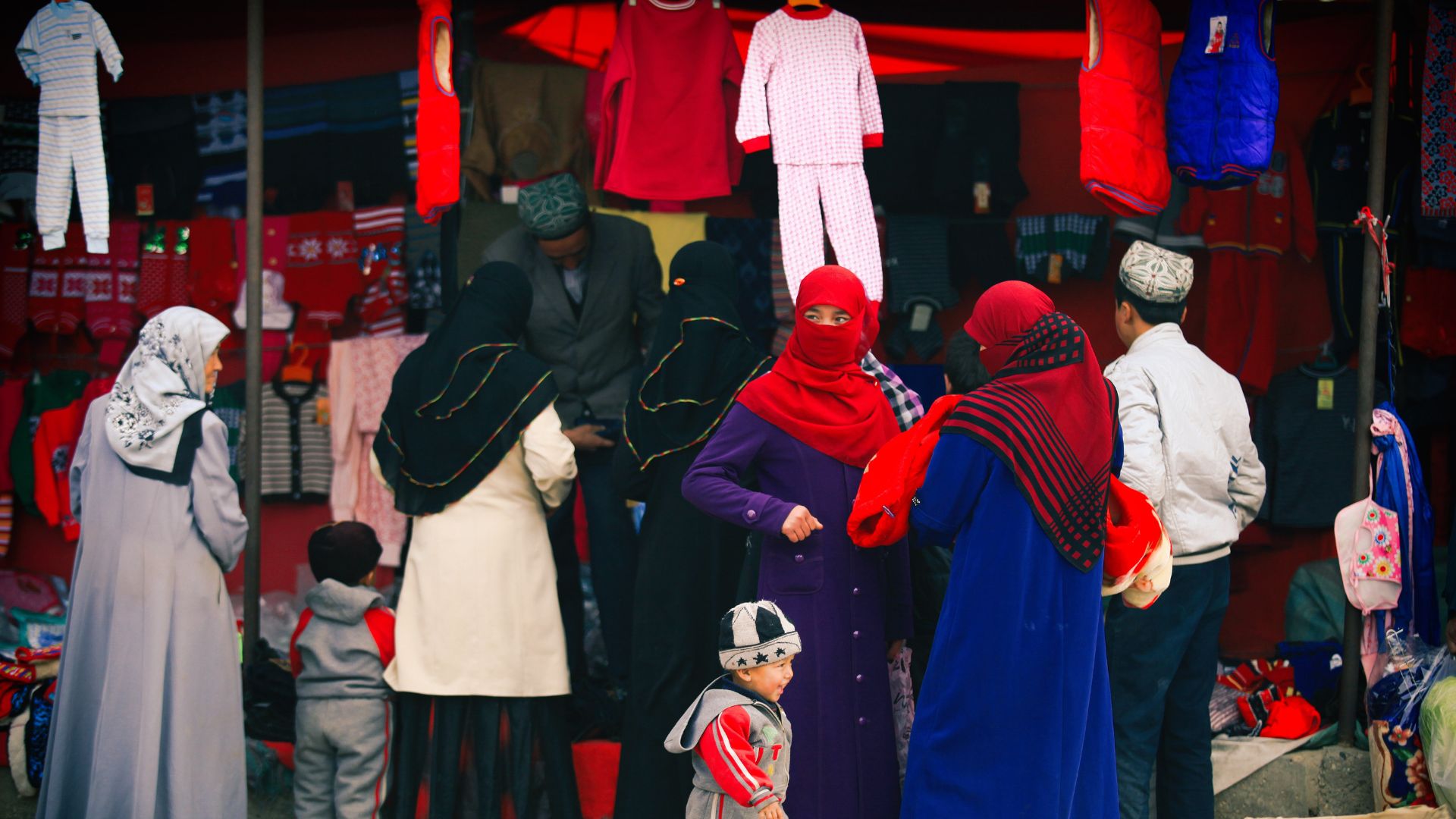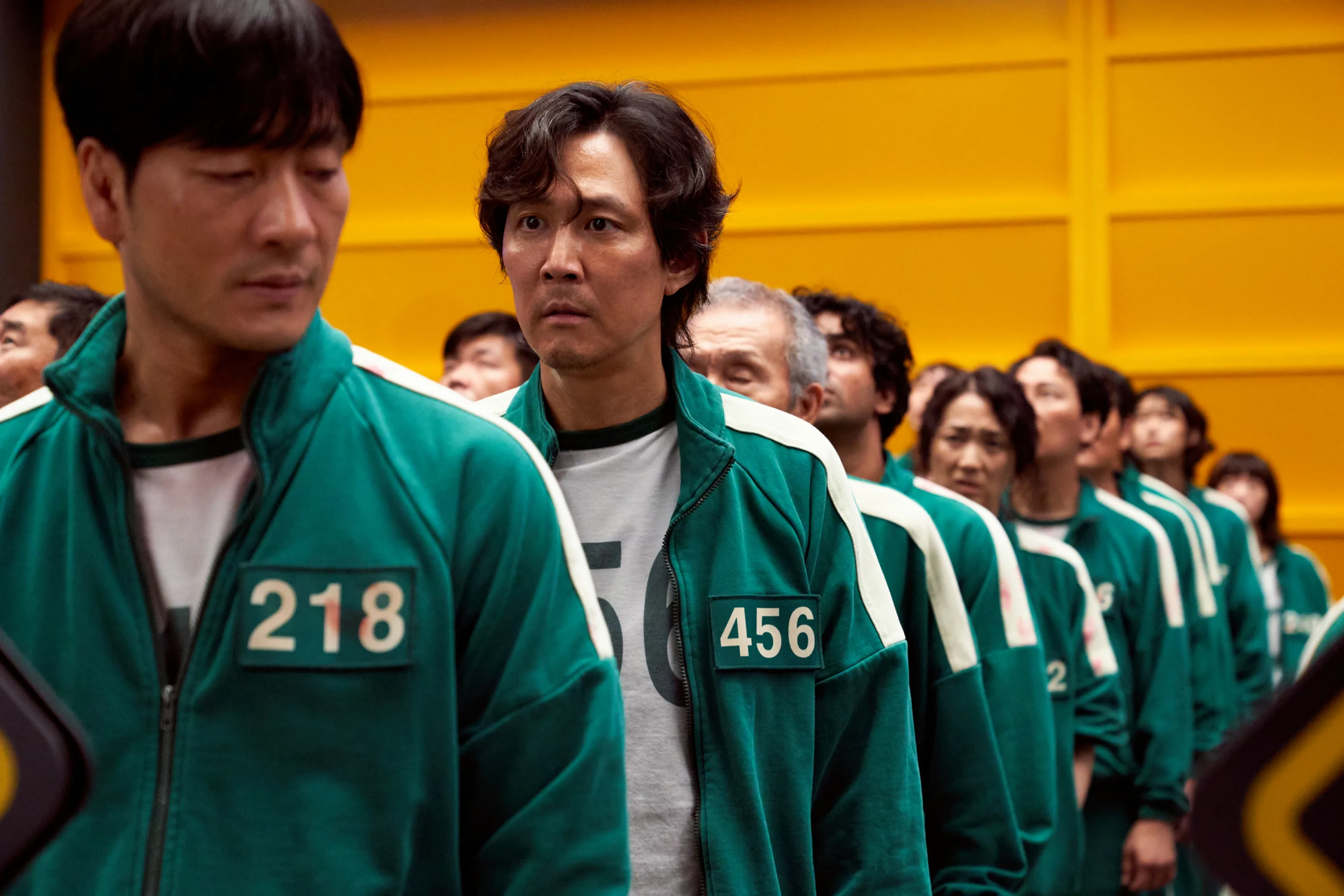If media and political attention seems relatively low on the fate of the Uyghurs, their exploitation continues, and the time of justice continues its slow work. In June 2022, a coalition of 28 Canadian organizations filed a lawsuit, alleging that Ralph Lauren Canada ” maintains supply relationships with companies that use or profit from Uyghur forced labor “, we learn in a report published on August 15, 2023 by the Canadian government.
Chinese subcontractors reportedly supplied Ralph Lauren with cotton from Uyghur forced labor
The plaintiffs have called on Ralph Lauren Canada to sever ties with three Chinese companies suspected of using Uyghur forced labor. Attorney Sheri Meyerhoffer, a mediator at the Office of the Canadian Responsible Ombudsman, decided the complaint warranted an investigation. To which Ralph Lauren USA responded, stating that it has overseen the operations of its Canadian branch and believes this office” he had no expertise in the matter “, reads the report.
The latter specifies how brands and their subcontractors transfer responsibilities:
“In support of their claims, the complainants refer to the Laundering Cotton report, concerning the link between Ralph Lauren (without specifying which entity) and Chinese companies associated with Uyghur forced labor, namely Jiangsu Lianfa Textile Co. Ltd (Jiangsu), Huafu Fashion Co. Ltd (Huafa), Luthai Textile Co. Ltd (Luthai) and Texhong Textile Group (Texhong) Ltd.
According to the complaint, the report Cotton washing provides evidence that these four companies use or profit from Uyghur forced labor by setting up branches in the Uyghur regionby purchasing cotton from Xinjiang through intermediaries or by participating or cooperating in forced labor relocation programs.
By tracing the various links in the supply chain, the report Cotton washing indicates that these companies supply Xinjiang cotton to Ralph Lauren through intermediate manufacturers in the Ralph Lauren supply chain. »
About 20% of the world’s cotton comes from China, of which 84% from the Xinjiang region in question.according to Keeper. It is in this region that the forced exploitation of the Uyghurs is concentrated. In addition, the United States just passed a law formally banning the import of cotton from Xinjiang.
At the beginning of the Canadian investigation, it is still a case that reveals the lack of traceability of the big brands along their entire production chain, whether due to negligence or a desire for opacity.
The latest articles on
fashion industry
-
By dint of seeing women steal men’s boxers, fashion finally gets involved
-
After dressing Chloé, Givenchy and Meghan Markle, Clare Waight Keller takes over Uniqlo
-
Do you know LVMH and Kering? Tapestry wants to become their competitor in the land of luxury giants
-
Gisele Bündchen, Naomi Campbell, Candice Swanepoel: Victoria’s Secret calls back the Angels to revive its declining brand
-
Since Pierre Cardin’s death, his estate has been torn apart in a legal battle (worthy of a series)
-
Nawal, 32 years old, spending 300 euros a month: “I go to the grannies’ stands at garage sales”
Source: Madmoizelle
Mary Crossley is an author at “The Fashion Vibes”. She is a seasoned journalist who is dedicated to delivering the latest news to her readers. With a keen sense of what’s important, Mary covers a wide range of topics, from politics to lifestyle and everything in between.





